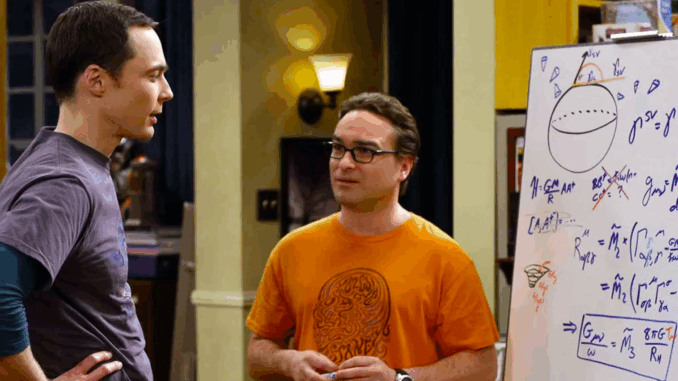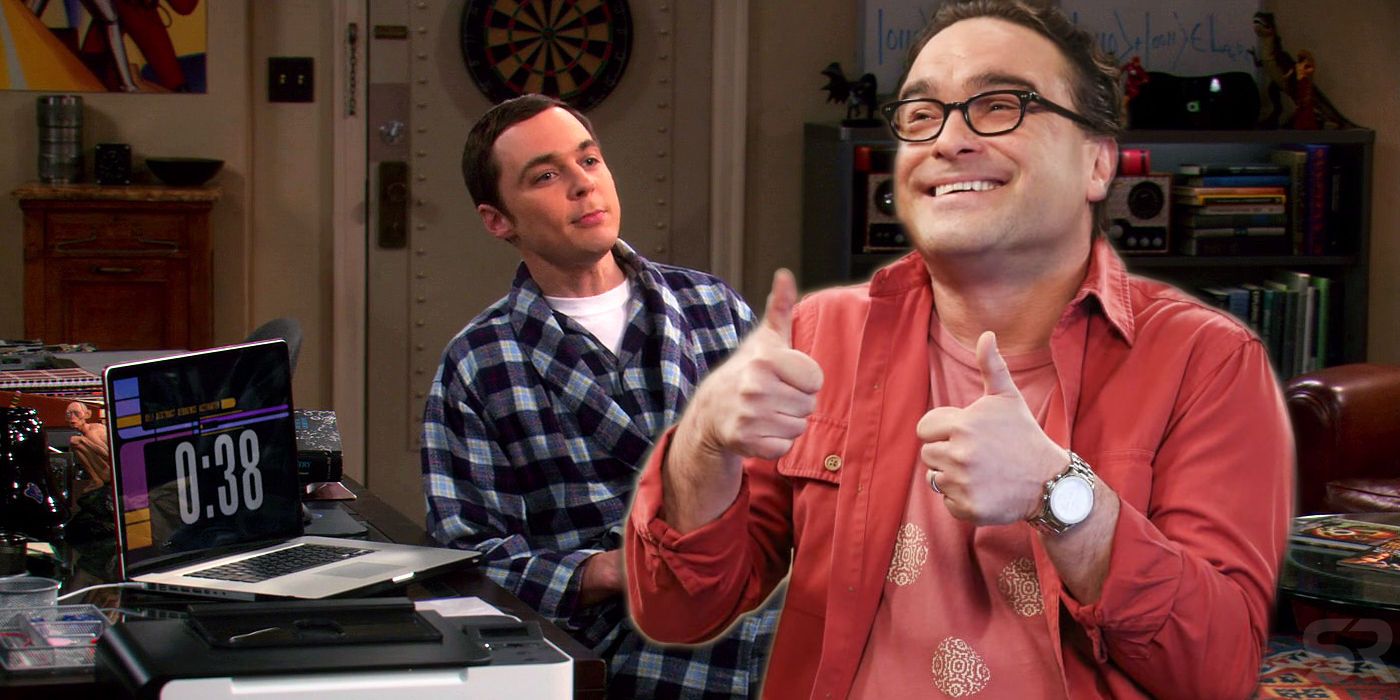
Leonard and Sheldon’s on-screen chemistry wasn’t just great writing—it was the beating heart of a series that dared to make intellect emotional. Behind the scenes, Johnny Galecki and Jim Parsons quietly built one of the most important dynamics in sitcom history.
Before there were catchphrases and Comic-Con panels, The Big Bang Theory began with two men living across from a girl named Penny—and trying to make sense of life with equations, sarcasm, and an ironclad roommate agreement.
But as much as the series became known for its ensemble brilliance, it was always Leonard and Sheldon at the center—roommates, colleagues, reluctant friends, and ultimately, brothers in everything but name.
What many fans don’t realize is that their on-screen magic mirrored a real-world rapport built on trust, patience, and shared ambition.
The Nucleus of a Sitcom Universe
When Chuck Lorre and Bill Prady first pitched The Big Bang Theory, the idea was deceptively simple: follow two brilliant but socially awkward physicists and the aspiring actress who moves in next door. But CBS wasn’t convinced—until they saw Jim Parsons and Johnny Galecki together.
“They didn’t just read lines,” Lorre said in a 2015 retrospective. “They played off each other like seasoned jazz musicians.”
Leonard, the eternal peacemaker with a heart hidden under layers of sarcasm. Sheldon, the genius who redefined difficult. Their dynamic was both comedic and strangely tender—Leonard endured, Sheldon demanded, and somehow the relationship didn’t collapse.
Instead, it became the gravitational force of the show.
Two Very Different Actors, One Shared Goal
Behind the scenes, Galecki and Parsons couldn’t have been more different in style. Galecki came from a long history of multi-cam sitcoms (Roseanne), while Parsons had a theater background and meticulous approach to dialogue.
“He was surgical with his scripts,” Galecki recalled. “He dissected every line. I admired that.”
Parsons, meanwhile, has admitted that Galecki’s emotional instincts helped ground the show. “He understood Leonard’s pain. I think that’s why Sheldon could be so cruel sometimes—because Johnny played the hurt so well.”
Yet, there was no ego war. No creative clash. Instead, they respected their differences, and the contrast became part of the performance.
They rarely socialized off set, but on camera, they created what many now call the nerd Odd Couple—and fans loved it.
The Roommate Agreement: Sitcom Genius

One of the show’s most enduring gags—the “Roommate Agreement”—was also its most emotionally revealing tool. Hidden in those ridiculous clauses (“Thursdays are reserved for watching The Flash“, “no whistling within earshot”) was a profound truth: Sheldon didn’t know how to love people, so he wrote rules.
Leonard, for all his groaning, followed them. Because in that chaos, he saw someone trying to connect.
And that’s what made their friendship resonate. It wasn’t obvious. It wasn’t warm. But it was consistent—and oddly beautiful.
Jim Parsons’ Departure: The End of an Era
When Jim Parsons decided to leave The Big Bang Theory after Season 12, it wasn’t personal. He was exhausted, emotionally and creatively.
But Galecki understood. In fact, he supported it.
“Jim was honest,” Galecki said in an interview. “And if he had stayed out of obligation, that would’ve hurt the show.”
The cast agreed to end the series with him—a rare show of unity in an industry where many hit comedies push past their expiration dates.
Their final scenes together, including the one in the elevator finally being fixed, were scripted love letters to the relationship that started it all.
Legacy of the Oddest Pair on TV
Years after the finale aired, the Leonard-Sheldon bond remains one of the most layered male friendships ever depicted on television. It never veered into cliché. It didn’t rely on sentimentality. It wasn’t afraid to be messy.
It was real.
And that’s why audiences stuck around for 12 seasons—not just for the laughs, but for the feeling that, somewhere between sarcasm and science, two misfits had found something that almost looked like family.